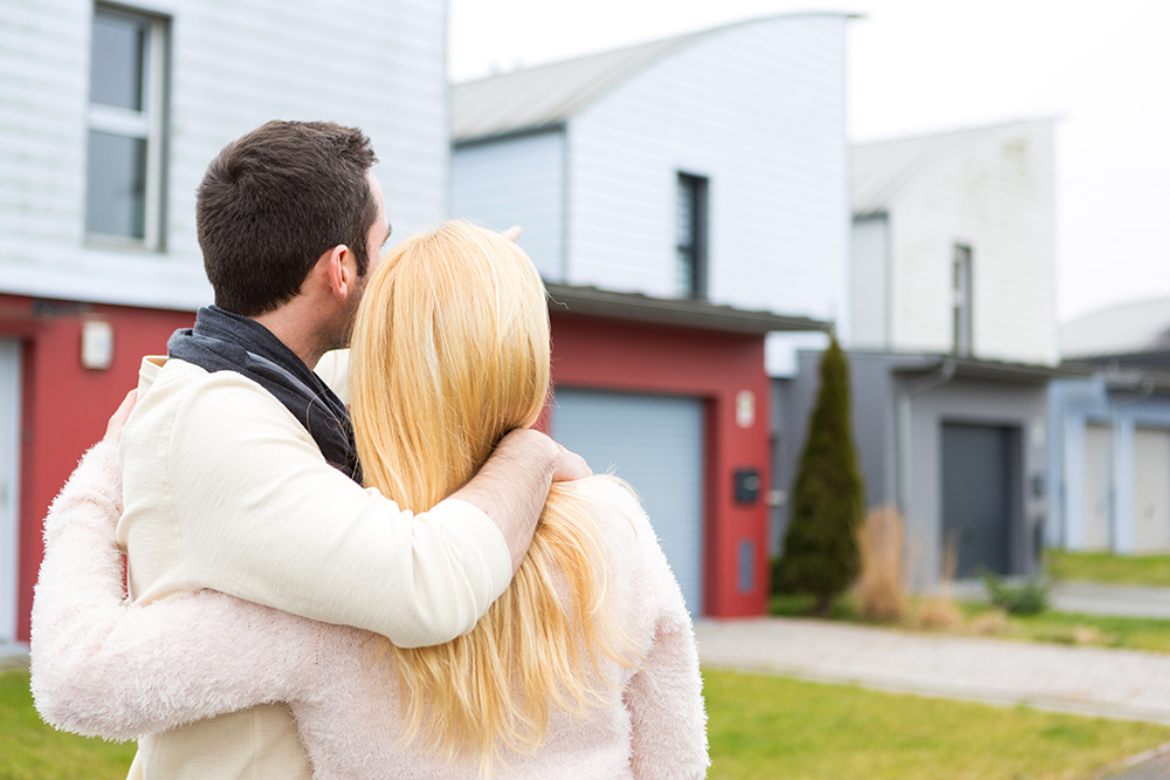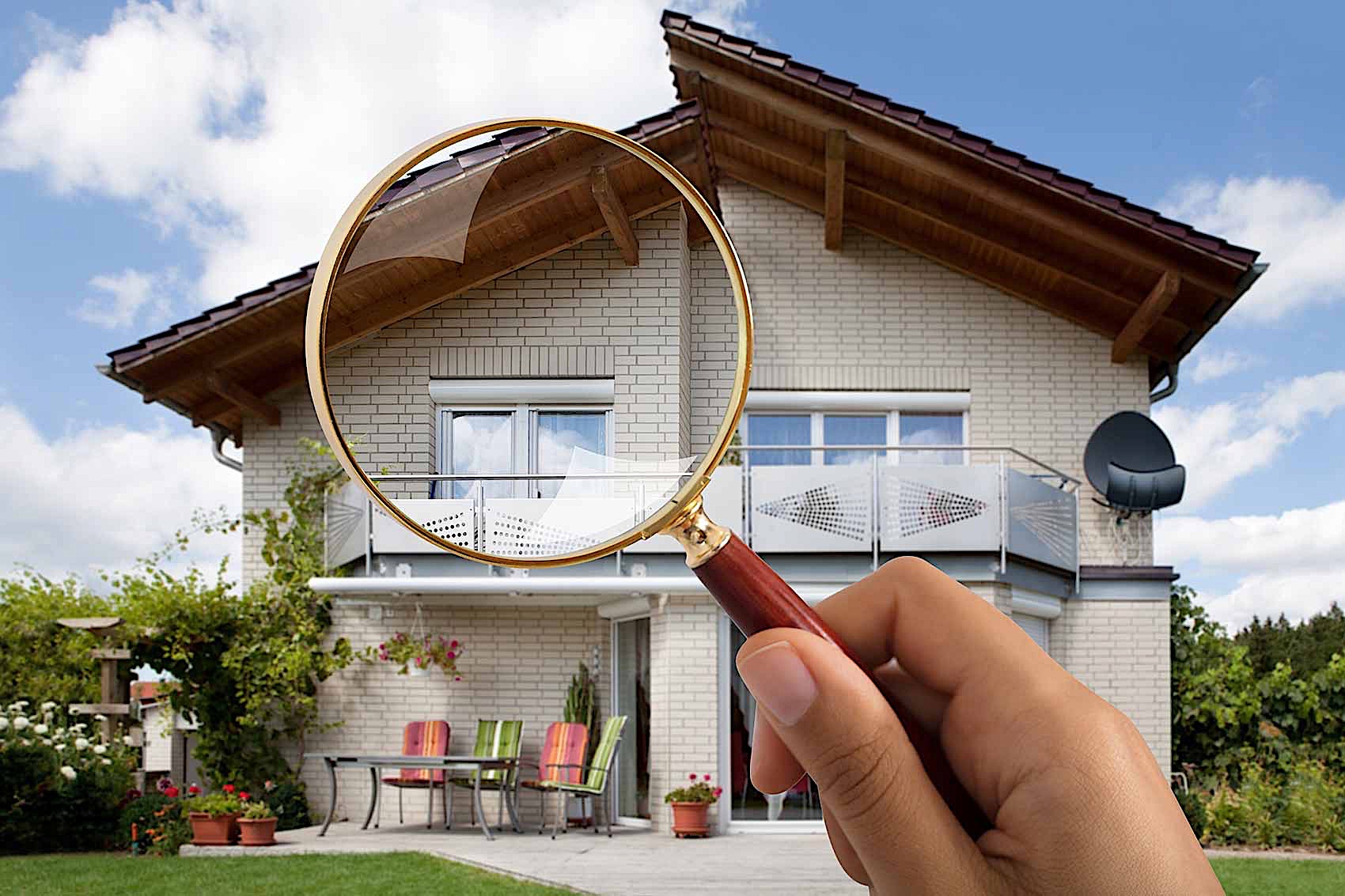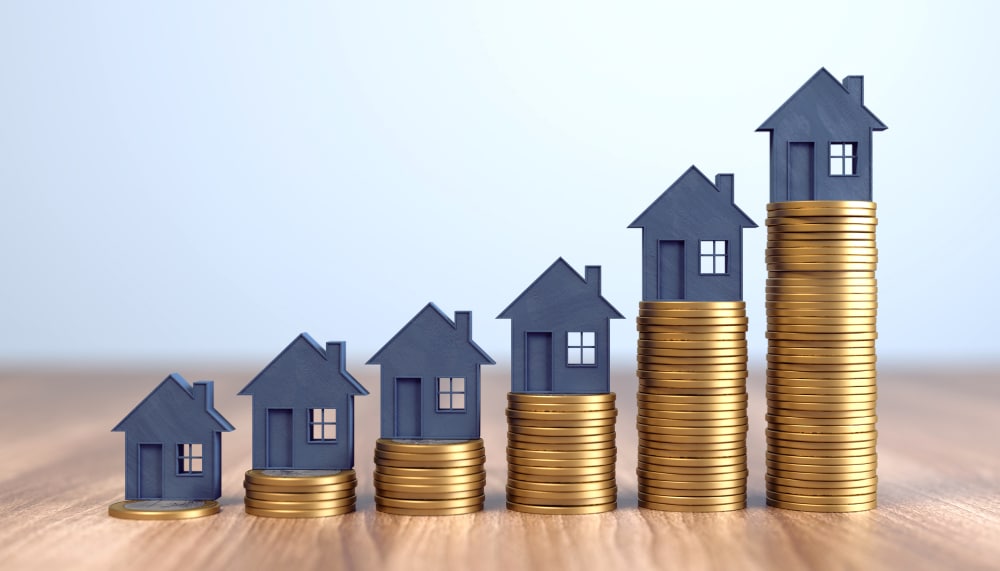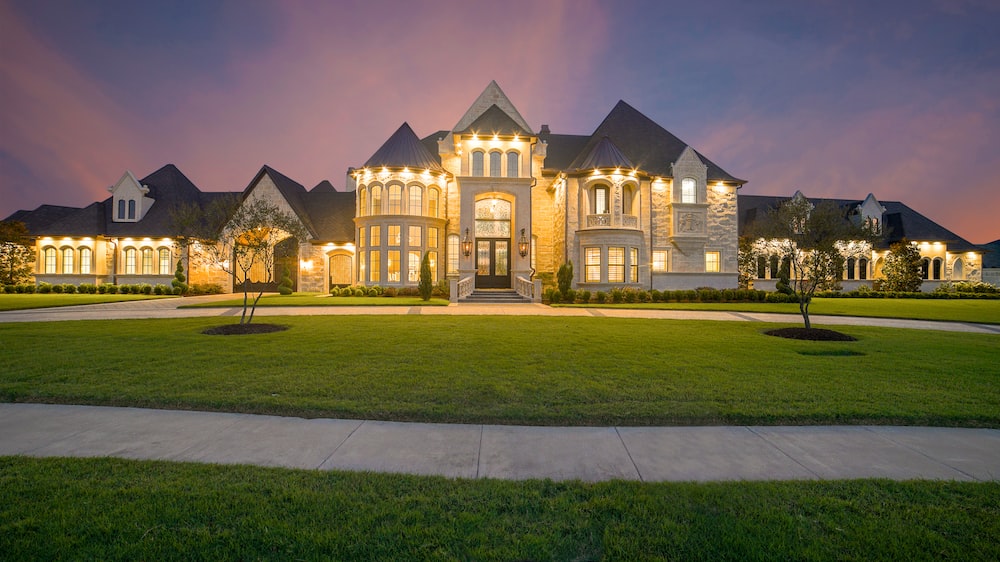
Are you thinking of buying a house? Purchasing a house is a substantial financial commitment that should not be taken lightly. It’s a big decision, and there are many things to consider before making your final choice. It’s essential to have a clear idea of what you can afford and to make sure that your finances are in order before you start looking for property. Here are 9 things to consider before you buy a house. Remember that this list is not exhaustive – there are many other factors to consider, depending on your circumstances. But these are some essential things to remember as you start your house-hunting process. Happy home-buying!
Research financial help:
Many people are not aware of the various financial assistance programs that are available to help with the purchase of a home. Some are offered by the government, while private organizations or lenders provide others. Several government programs are available to help first-time homebuyers with things like down payments and closing costs. They are home grants for first-time buyers, low-income earners, and even people with bad credit. Checking into these programs can help you save money in your new home. Do your research and see if you qualify for any of these programs. It can make buying a house more affordable than you think.
Get pre-approved for a mortgage:

Before you start looking at homes, it’s a good idea to get pre-approved for a mortgage. This way, you’ll know how much you can afford to spend on a home and have the edge over other buyers who haven’t gone through this process. It will give you an idea of how much money you can borrow, what your monthly payments will be, and what your interest rate will be. Shopping around and comparing rates from different lenders before deciding on a mortgage is essential. It’s crucial to get pre-approved before looking at houses to know how much you can afford to spend.
Know your must-haves:
Before you start looking at houses, make a list of must-haves. It might include the number of bedrooms and bathrooms you need, a certain amount of square footage, a backyard, etc. This will help you narrow your search and save time from looking at homes that don’t meet your needs. It’s easy to get caught up in the moment when you’re out looking at houses and fall in love with one that’s maybe a little out of your price range or doesn’t have all the features you were looking for. But it’s important to know your must-haves and stick to them. This will help you stay within your budget and not get too emotionally attached to a house that may not be the right fit.
Get a home inspection:

Once you’ve found a house you’re interested in, it’s essential to get a professional home inspection to ensure there are no significant problems with the property. It is something that many first-time homebuyers skip, but it can cost you a lot of money down the road if there are issues with the house that you weren’t aware of. Before you finalize your purchase, it’s essential to have a professional come and do a thorough inspection of the property. The inspector will look for any significant problems with the home, such as water damage, structural issues, or electrical problems. It is an essential step in the home-buying process as it will give you a thorough overview of the property’s condition.
Have realistic expectations:
It’s essential to have realistic expectations when buying a home. Don’t expect the perfect home that meets all of your needs and wants. Homes are rarely perfect, and there will always be something you don’t like. It means being honest about what you can afford and what you’re looking for in a home. It’s also important to remember that the perfect home doesn’t exist, and there will always be some trade-offs when buying a house, so it’s essential to be prepared for that. It’s important to remember that you’re buying a house, not a dream home. Be prepared to compromise on some things and be flexible.
Know your budget:

Knowing how much you can afford to spend on a house is essential before you start looking. It is probably the most important thing to consider when buying a house. You need to know how much you can afford to spend on a house and stick to that budget. It’s also important to factor in other costs associated with buying a house, such as closing costs, moving costs, and furnished (if necessary). You don’t want to fall in love with a house out of your price range. Make sure you get pre-approved for a loan to know how much money you have to work with. There are always going to be some unexpected costs when buying a house. It could be anything from hidden damage that needs to be repaired to surprise property taxes. Having a buffer in your budget for these unexpected costs is essential.
Location, location:
The old real estate adage still rings true today. The location of your house will be a significant factor in how much it’s worth and how easy it will be to sell in the future. If you’re looking for a long-term investment, make sure you choose a neighborhood that is up-and-coming or has already gentrified. The old real estate adage is valid for a reason. The location of your house can be just as important as the house itself. Think about the neighborhood, the schools, commute times, and anything else necessary to you.
Size does matter:

Bigger isn’t always better, but size does matter when it comes to houses. The larger the house, the more it’s going to cost. But you also have to consider property taxes and utility bills. A bigger house will most likely have higher taxes and higher bills. So, ensure you’re prepared for that before buying a big house. The size of your house will significantly impact the price; a bigger house will be more expensive than a smaller one. But it’s also essential to think about the size of the lot your house is on. A small house on a large lot will be more expensive than a large one on a small one.
Age of the house:
An older house will be less expensive than a newer one. But an older house is more likely to need repairs and renovations than a newer one. So, you need to factor that into the cost of the house. So, you have to factor that into the cost of an older home. The house’s condition will be a significant factor in the price. A house that needs a lot of repairs will be less expensive than a house that doesn’t need any repairs. But you need to factor the cost of the repairs into the price of the house. A house that needs a lot of repairs will take longer to sell than a house that doesn’t need any repairs. Make sure you’re prepared for the maintenance your new house will need. Renovation costs include painting, new appliances, windows, new roofs, new floors, etc. All of these things can add up quickly, so make sure you’re prepared for them. The house’s size will be a significant factor in the price.
Conclusion: Always remember the 3 main things that affect the price of a house: location, condition, and size. You should always keep these three things in mind when looking for a new house. With these factors in mind, you’ll surely find the perfect house for you and your family. Happy house hunting!
Leave a Reply